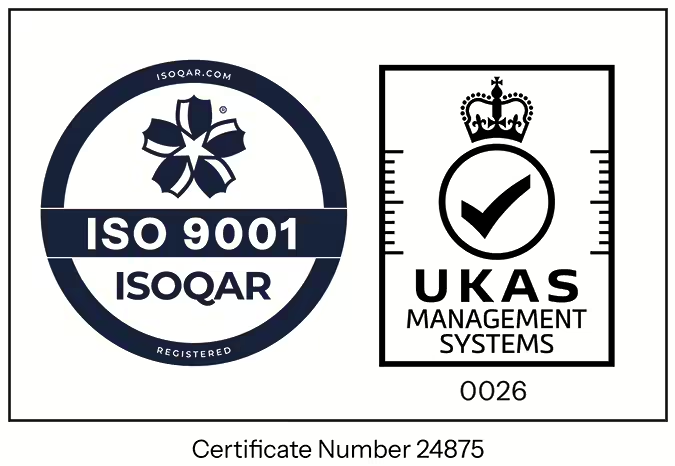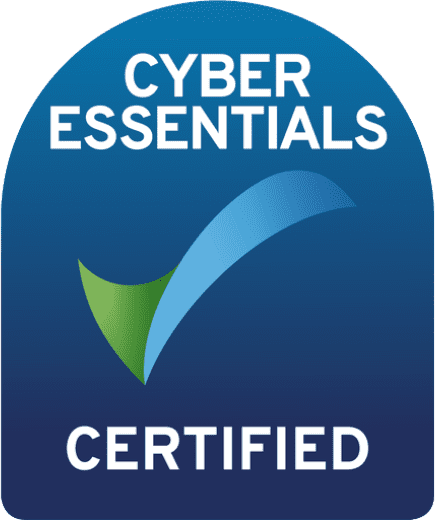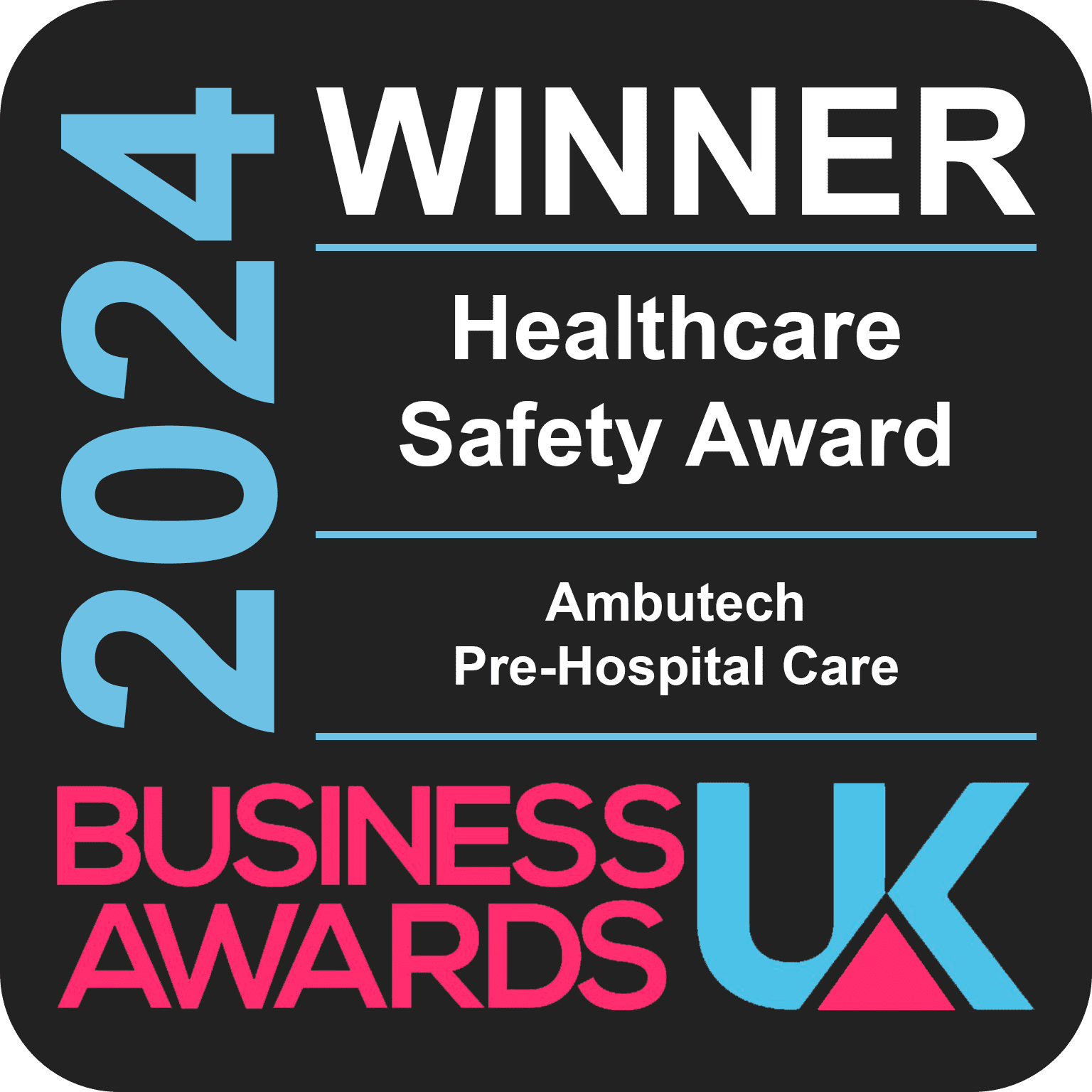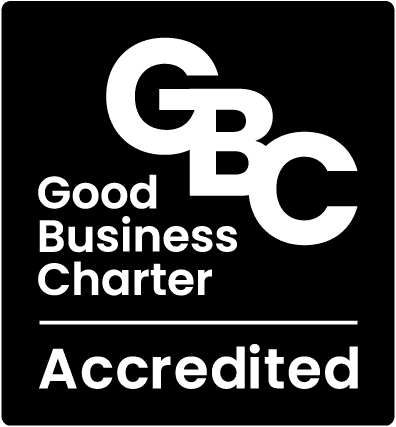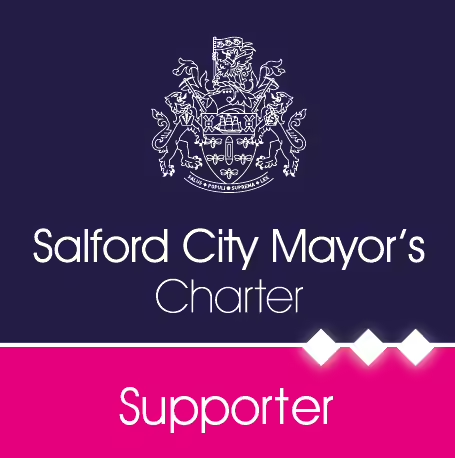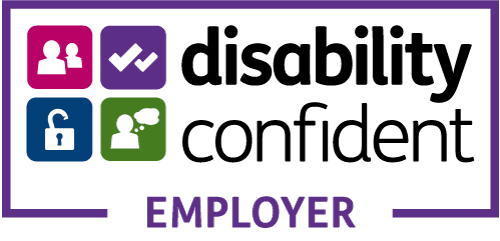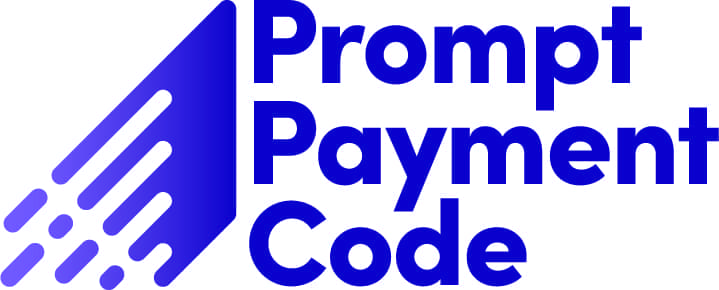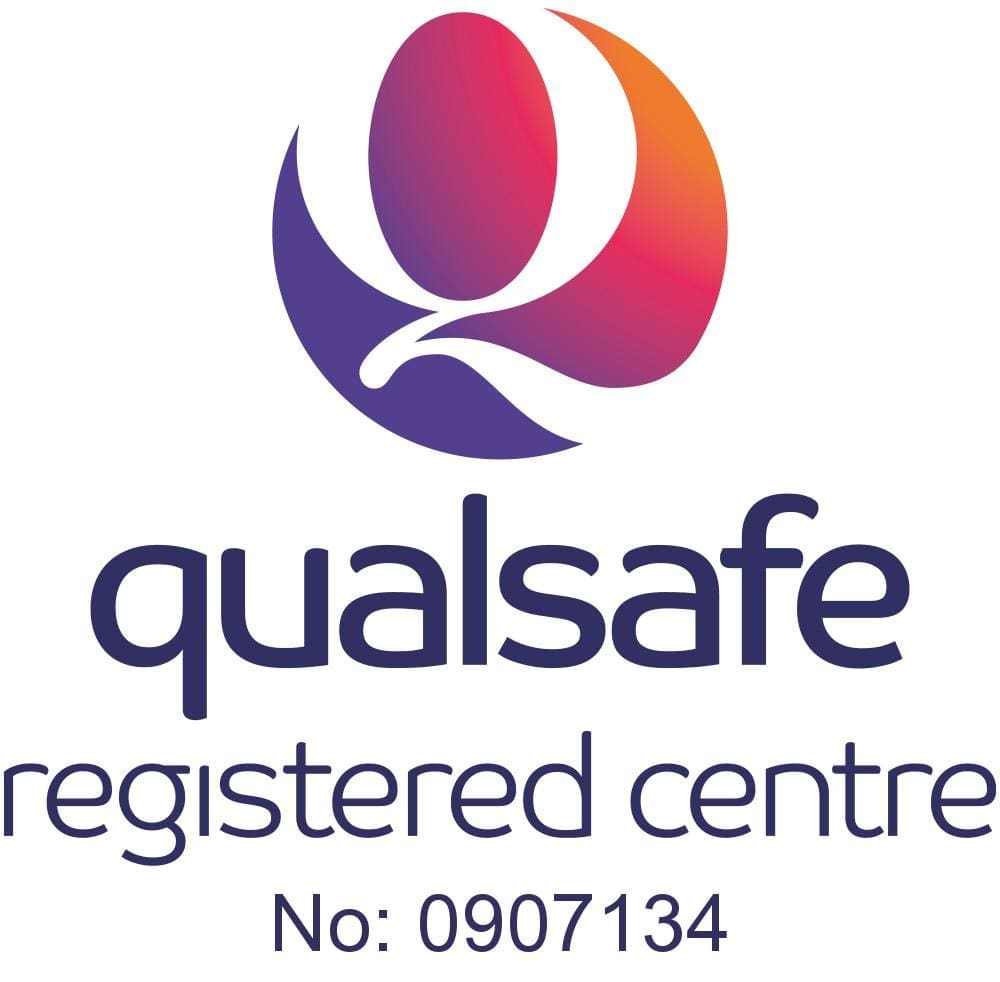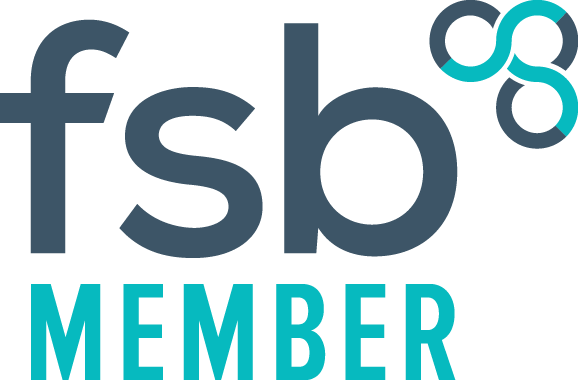In the event industry the term “medic” is widely used, but what exactly is a medic?
Medic is a general term used to describe someone working in an emergency healthcare environment, the title “medic” is not protected, this means that anyone can call themselves a medic without having any specific qualifications.
So, how do we know what level of training a medic has?
Well, that’s where clinical grades come in.
Depending on the qualifications held, medics will work at a set clinical grade and follow a scope of practice. “Scope of practice” refers to the skills that the medic is trained and competent to carry out. It describes the areas in which the medic has the knowledge, skills and experience to practice safely and effectively in the best interests of patients. It may also refer to the limit of their practice.
Unfortunately, this system isn’t foolproof. Although most NHS Trusts and reputable medical providers have a similar scope of practice, some medical providers attempt to deceive the system by using unregistered titles for their “medics” to outwardly enhance the perceived level of medical cover. Because “Emergency Medical Technician” isn’t a registered title, medical providers can grade their staff as “Emergency Medical Technicians” with a qualification that could be as limited as First Aid at Work.
Our recommendations for ensuring suitably qualified staff:
- When booking a medic, be specific about your requirements, what level of medical skill do you want your “medic” to be able to carry out? If you’re not sure what clinical grade (what level of skill) you require, ask your medical provider to advise what their clinical grades include.
- Ensure your medical provider has a robust safer recruitment process to prevent unqualified and unchecked people from working for them.
- Ask to see your medical providers scope of practice policy so you know exactly what skills to expect from each clinical grade.
- Remember that ensuring high quality and robust cover isn’t cheap, if it’s too cheap, it’s probably poor quality.
It is the event organisers responsibility to exercise due diligence and appoint a reputable medical provider, could you justify your reasoning at an inquest?
If you have any questions regarding event medical provision, even if you’re using another provider, please feel free to contact us and we’ll be happy to discuss these with you.

